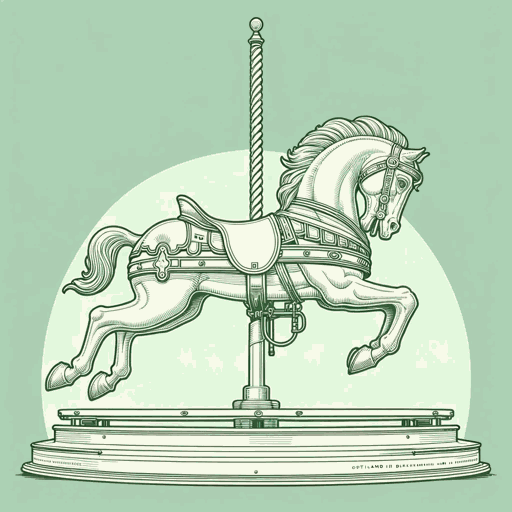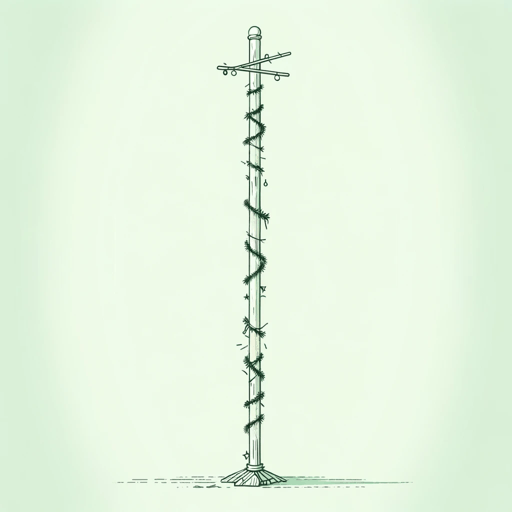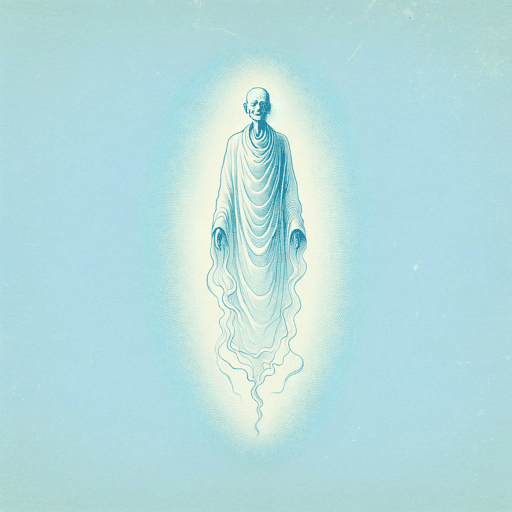47 pages • 1 hour read
George SaundersLincoln in the Bardo
Fiction | Novel | Adult | Published in 2017A modern alternative to SparkNotes and CliffsNotes, SuperSummary offers high-quality Study Guides with detailed chapter summaries and analysis of major themes, characters, and more.
Important Quotes
“This, it occurred to me, this was the undisciplined human community that, fired by its dull collective wit, now drove the armed nation towards it knew-not-what sort of epic martial cataclysm: a massive flailing organism with all the rectitude and foresight of an untrained puppy.”
(Part 1, Chapter 3, Page 12)
The Civil War forms the novel’s backdrop, putting enormous pressure on President Lincoln to quickly get over the death of his beloved son. This excerpt from a fictional private letter highlights what many citizens at the time feared: that the Civil War was a waste of time and violence, and that the moral imperative of abolitionism was insufficient justification to continue it.
“Only then (nearly out the door, so to speak) did I realize how unspeakably beautiful all of this was, how precisely engineered for our pleasure, and saw that I was on the brink of squandering a wondrous gift, the gift of being allowed, every day, to wander this vast sensual paradise.”
(Part 1, Chapter 9, Page 25)
Roger captures the tragedy of the ghosts in the cemetery. Doomed forever to remember what they missed out on, they can only look back with longing and have nothing to look forward to. They dwell enviously on the past, seemingly appreciating life more than the living.
“One feels such love for their little ones, such anticipation that all that is lovely in life will be known by them, such fondness for that set of attributes manifested uniquely in each: mannerism of bravado, of vulnerability, habits of speech and mispronouncement and so forth; the smell of the hair and head, the feel of the ting hand in yours—and then the little one is gone! Taken! One is thunderstruck that such a brutal violation has occurred in what had previously seemed a benevolent world. From nothingness, there arose great love; now, its source nullified, that love, searching and sick, converts to the most abysmal suffering imaginable.”
(Part 1, Chapter 17, Pages 49-50)
The deep heartache of losing a child carries a specific kind of danger—love with no source becomes “searching and sick.” To Saunders’s readers, this warning is a reminder of Mrs. Lincoln, whose psyche was permanently shattered by her son’s death, and an alarming note about the possibility that the president will also succumb to the same kind of desperation.
Related Titles
By George Saunders

A Swim in a Pond in the Rain: In Which Four Russians Give a Master Class on Writing, Reading, and Life
George Saunders

CivilWarLand in Bad Decline
George Saunders

In Persuasion Nation
George Saunders

Liberation Day: Stories
George Saunders

Pastoralia
George Saunders

Tenth of December
George Saunders
Featured Collections
American Civil War
View Collection
American Literature
View Collection
Appearance Versus Reality
View Collection
Books About Leadership
View Collection
Books on U.S. History
View Collection
Community
View Collection
Fantasy
View Collection
Fathers
View Collection
Forgiveness
View Collection
Grief
View Collection
Guilt
View Collection
Historical Fiction
View Collection
Magical Realism
View Collection
Memory
View Collection
Mortality & Death
View Collection
New York Times Best Sellers
View Collection
Popular Book Club Picks
View Collection
Religion & Spirituality
View Collection
The Best of "Best Book" Lists
View Collection
The Booker Prizes Awardees & Honorees
View Collection
War
View Collection

